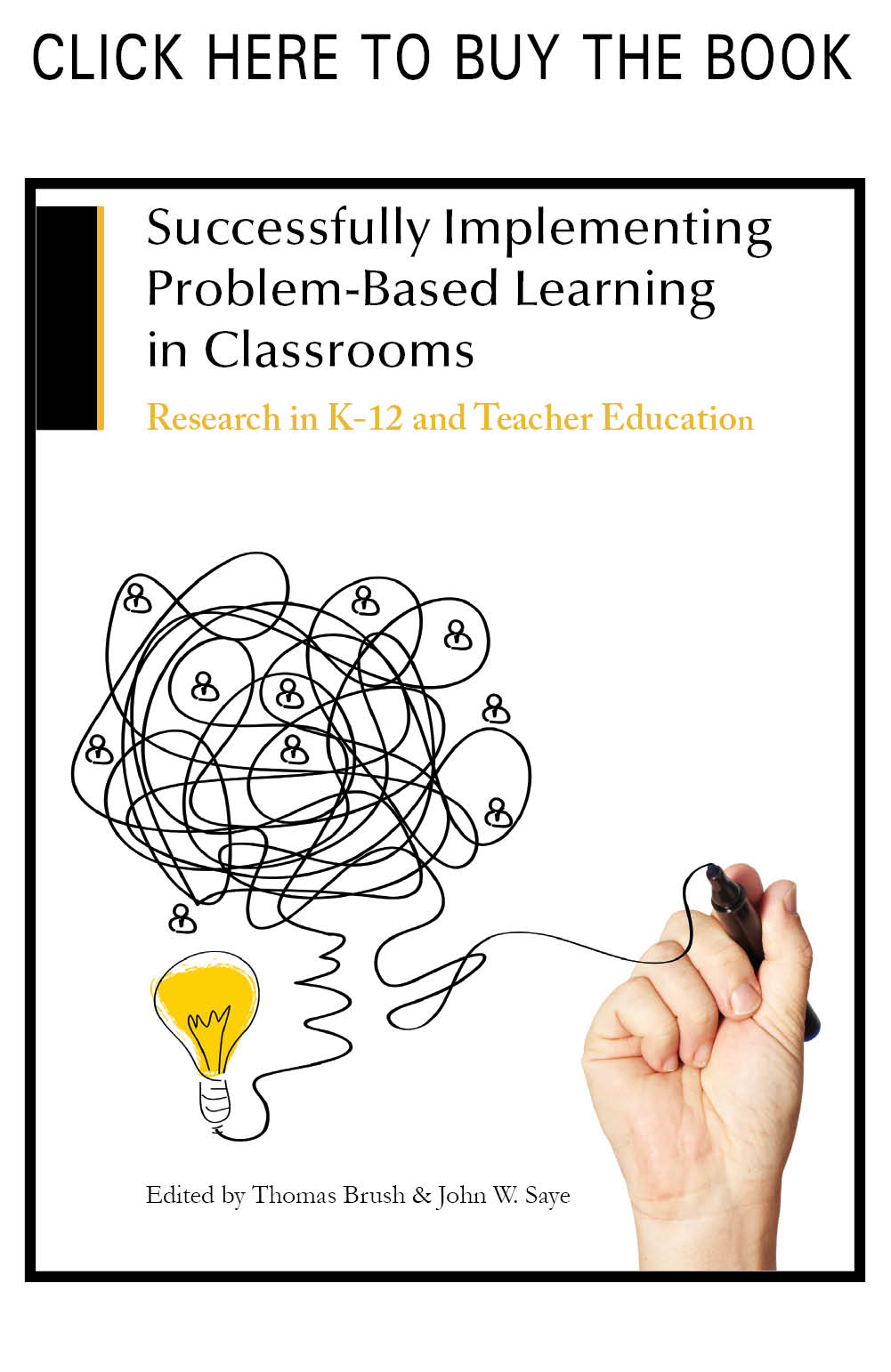Abstract
Helping students in the professions apply conceptual ideas to the problems of practice is a key goal of problem-based learning (PBL). Because PBL is organized around small, collaborative groups, scaling up PBL to large, heterogeneous classes poses significant challenges for implementation. This study presents a hybrid model that mixes online and face-to-face PBL. The STELLAR system was developed to support online and hybrid PBL courses for pre-service teachers. It allows PBL to be implemented in larger classes because its scaffolding capabilities allow a small number of facilitators to distribute their attention among multiple small groups. In a quasi-experimental study, we found that students who participated in a hybrid PBL course using STELLAR (n= 33) learned more about targeted course concepts than students in a traditional comparison course (n=37). In addition, we present qualitative data that helps explain these outcomes by demonstrating how students engaged with these concepts during the hybrid PBL course. These results suggest that a hybrid computer-supported collaborative learning approach can be used to scaffold problem-based learning and foster deep understanding.
Recommended Citation
Hmelo-Silver, C. E.
,
Derry, S. J.
,
Bitterman, A.
,
&
Hatrak, N.
(2009). Targeting Transfer in a STELLAR PBL Course for Pre-Service Teachers. Interdisciplinary Journal of Problem-Based Learning, 3(2).
Available at: https://doi.org/10.7771/1541-5015.1055





